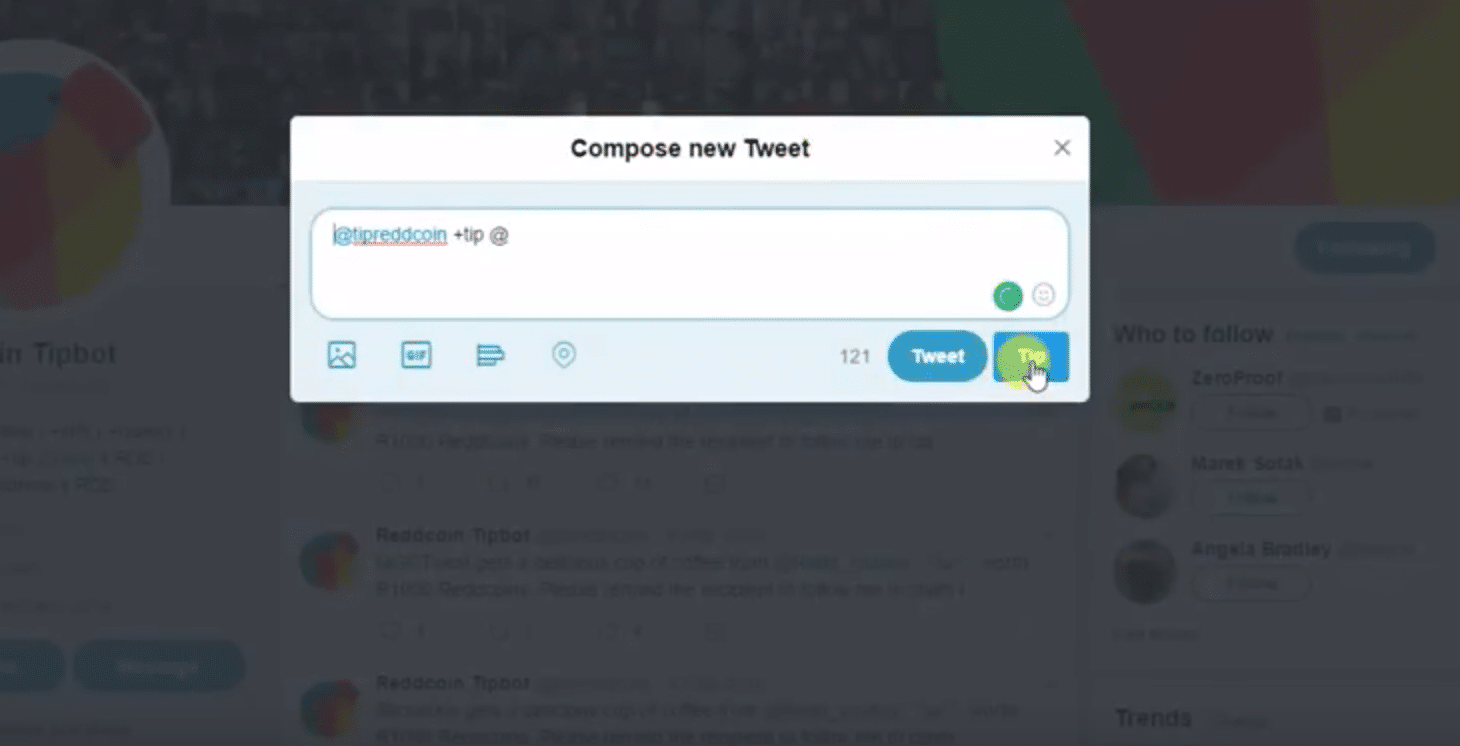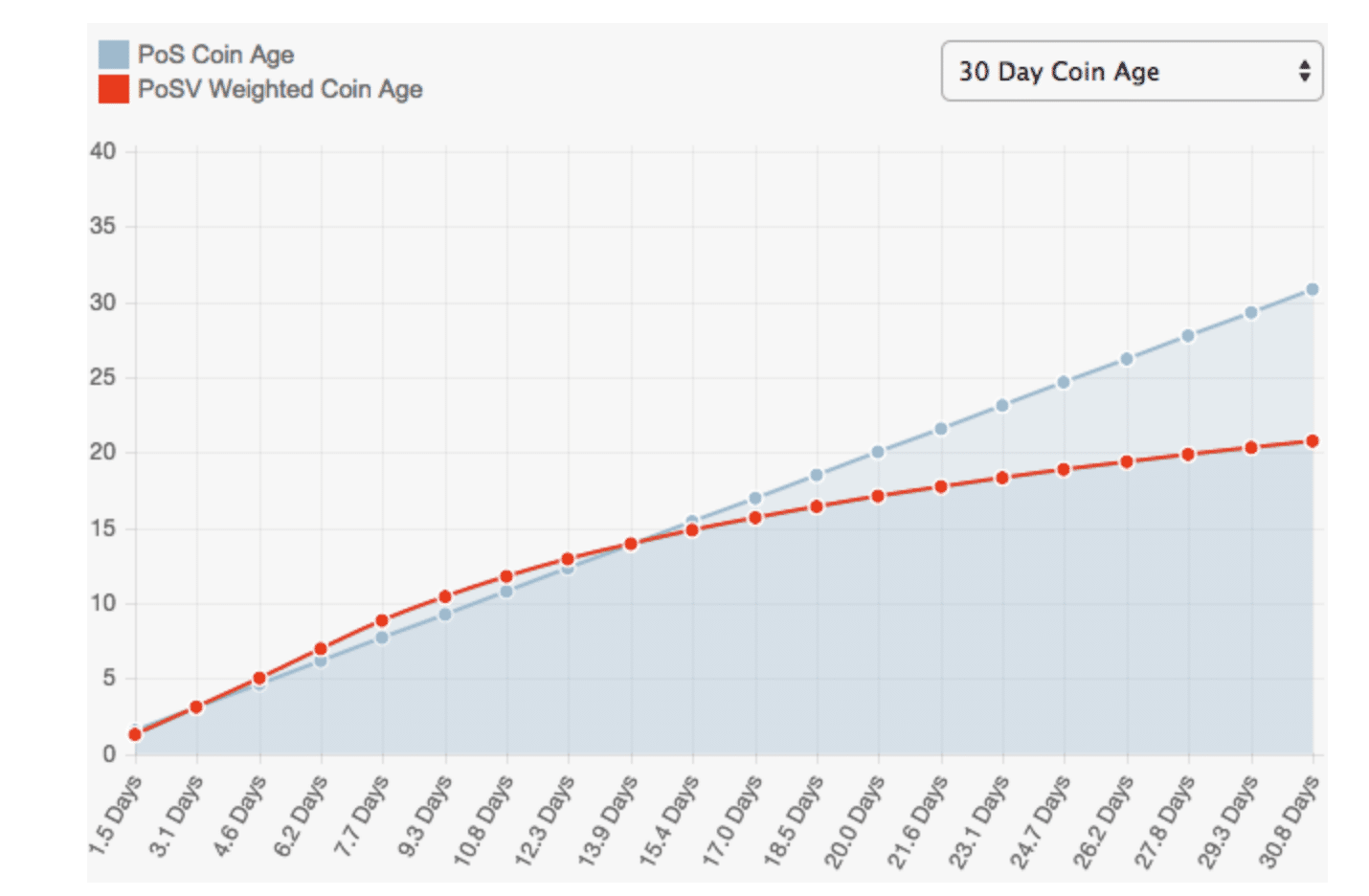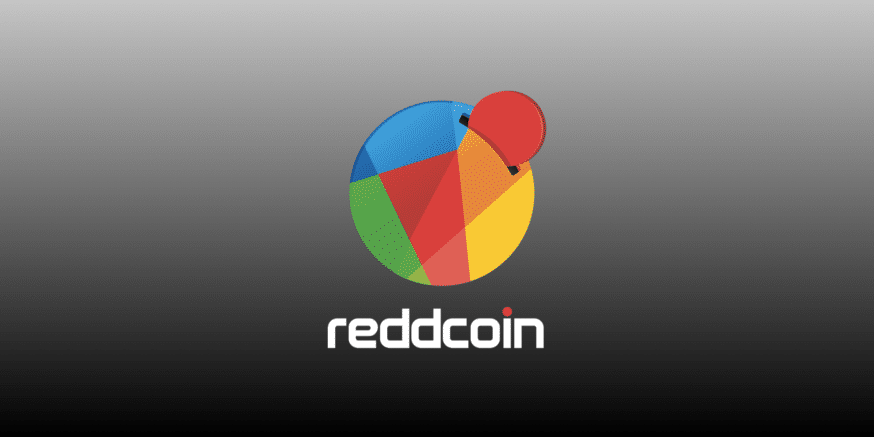What is Reddcoin (RDD)?
Imagine being paid in crypto for your FB post, and being able to trade it for products, gift cards, and other items. Welcome to Reddcoin. Think of Reddcoin as the “social media coin” with a peer-to-peer (p2p) payments system.
Released to the public in 2014, Reddcoin is a decentralized social cryptocurrency that allows anyone to instantly send & receive RDD (its native cryptocurrency) payments on social networks with no transaction fees. It’s essentially the blockchain version of Venmo, Facebook Cash, or Snapchats Snapcash, all of which allow you to easily transfer money to friends and family via their respective social media platforms.
However, unlike these major social media networks that require you to use their native platform to send and receive money, Reddcoin allows you to seamlessly integrate its payment features on multiple platforms like Reddit, Facebook, Twitter, and more. As well, you can do more than just instantly send & receive money to people with Reddcoin: you can “tip” money to content creators similar to how you would “like” or “favorite” a post.
Reddcoin uses an environmentally friendly approach called Proof-of-Stake-Velocity (PoSV). This is drastically different from Bitcoin’s proof-of-work protocol (PoW) that requires vast amounts of energy to mine. Every Reddcoin user automatically mints Reddcoins when staking, as it’s a built-in function of the downloadable official wallet (which you need to have to start using it).
Key Features of Reddcoin
- Reddcoin is a social cryptocurrency that can be integrated with many different social media platforms for sending/receiving money with zero fees.
- It’s a peer-to-peer open-source cryptocurrency derived from Litecoin.
- It dedicates much of its efforts to facilitate the “tipping” of small amounts of RDD on social networks, done in a similar fashion to “liking” a post on FB.
- The PoSV algorithm is a new take on PoS which encourages both ownership (stake) and activity (velocity).
- Its tipping system has already been enabled on Twitter, Reddit, Twitch, and Justin.TV.

How Does Reddcoin Work?
As stated before, Reddcoin connects to your respective social media networks and enables you to send near instant, zero cost RDD payments to anyone you interact with on your network. You can send RDD to your mother for rent, repay a colleague who bought you a Chipotle burrito for lunch, or “tip” a content creator for a cute puppy post. All you need to do is click the “tip” button which then sends that person a micropayment.
Reddcoin uses PoSV, which was originally designed by the Reddcoin team to replace its former PoW protocol. PoSV is essentially a new take on Proof-of-Stake (PoS) that addresses the needs of its social currency to encourage “both ownership (stake) and activity (velocity)”.
In their own words, modifications to PoS “were needed to promote more active network participation.” The biggest difference between the two is that while PoS has linear coin aging (each day a coin is held, you acquire one day of coin age), PoSV has non-linear coin aging.

PoSV minting, the counterpart to PoW mining, allows anyone to “mint” RDD with CPUs of PCs, laptops and mobile devices instead of expensive, energy consuming mining rigs like GPU’s or ASIC’s. With PoSV, the more stake of RDD you hold in your wallet, the more likely your chances are of finding a valid block/ receiving block rewards. For this to happen, all you need to do is keep your wallet running and connected to the Internet.
About Reddcoin
Reddcoin was created on January 20, 2014, as a PoW cryptocurrency. On February 2, 2014, after raising $100,000 through their Initial Public Coin Offering (IPCO), Reddcoin was released to the public. On April 29, 2014, they announced that Reddcoin would transition from PoW to PoSV.
In 2017, Reddcoin made an official announcement listing their team members, including developers John Nash and Leonard Simonse.
In subsequent Tweets, they’ve publicly announced the additions of developers such as Bradley Ploof and James Tweeg. They’ve been active in updating the community via Twitter, but if you’d like to keep informed directly on the teams project progress, check out their GitHub or Trello (which includes the project roadmap).
Introducing Team Reddcoin! Watch for more updates in the future as we work together to fully realize the potential of Reddcoin! $RDD pic.twitter.com/VjCmZhdcgX
— Reddcoin (@reddcoin) October 14, 2017
RDD Coin Supply and Sustainability
When the transition was made from PoW to PoSV on August 1, 2014, there were approximately 27 billion RDD. As of now, ReddCoin has a circulating supply of 28,773,308,124 RDD. Minting results in up to 5% inflation annually, and there’s no limit to the max supply of RDD.
RDD Trading History
As you can see above, Reddcoin remained relatively flat since its inception: that is until December of 2017. On January 7th, it reached ATH’s of $0.03 cents, then followed the fate of many other coins around that time and lost significant value. At the time of writing, RDD is trading for a fraction of a penny.
Where Can You Buy Reddcoin?
You have the ability to trade RDD on exchange sites such as Cryptopia, Bittrex, and Upbit for either ETH or BTC. If you’re a new investor, you can purchase BTC or ETH coins on Bitstamp or Coinbase, then deposit it to the respective wallets on the previous exchanges.
Where Can You Store Reddcoin?
You can download a Reddcoin supported wallet from the official Reddcoin website, or you can store Reddcoin on mobile wallet Coinomi.
Conclusion
It’s hard to predict the future of Reddcoin. On one hand, it seems a bit odd that we would tip people on social media when we could just show appreciation by “liking” their content. But we do tip people for almost everything else in the United States, so why not content? The Steemit social media platform has already found success in its similar feature, which pays users in STEEM for creating and curating content, so it’s not unreasonable to see the trend spread.
That being said, Reddcoin has come a long way since its 2014 beginnings. The social cryptocurrency, which aims to integrate itself with nearly every social media platform as a peer-to-peer payments platform with tipping capabilities, is already functioning in several social media sites. It will be interesting to see the growth of Reddcoin as they make their way through 2018.
[thrive_leads id=’5219′]







